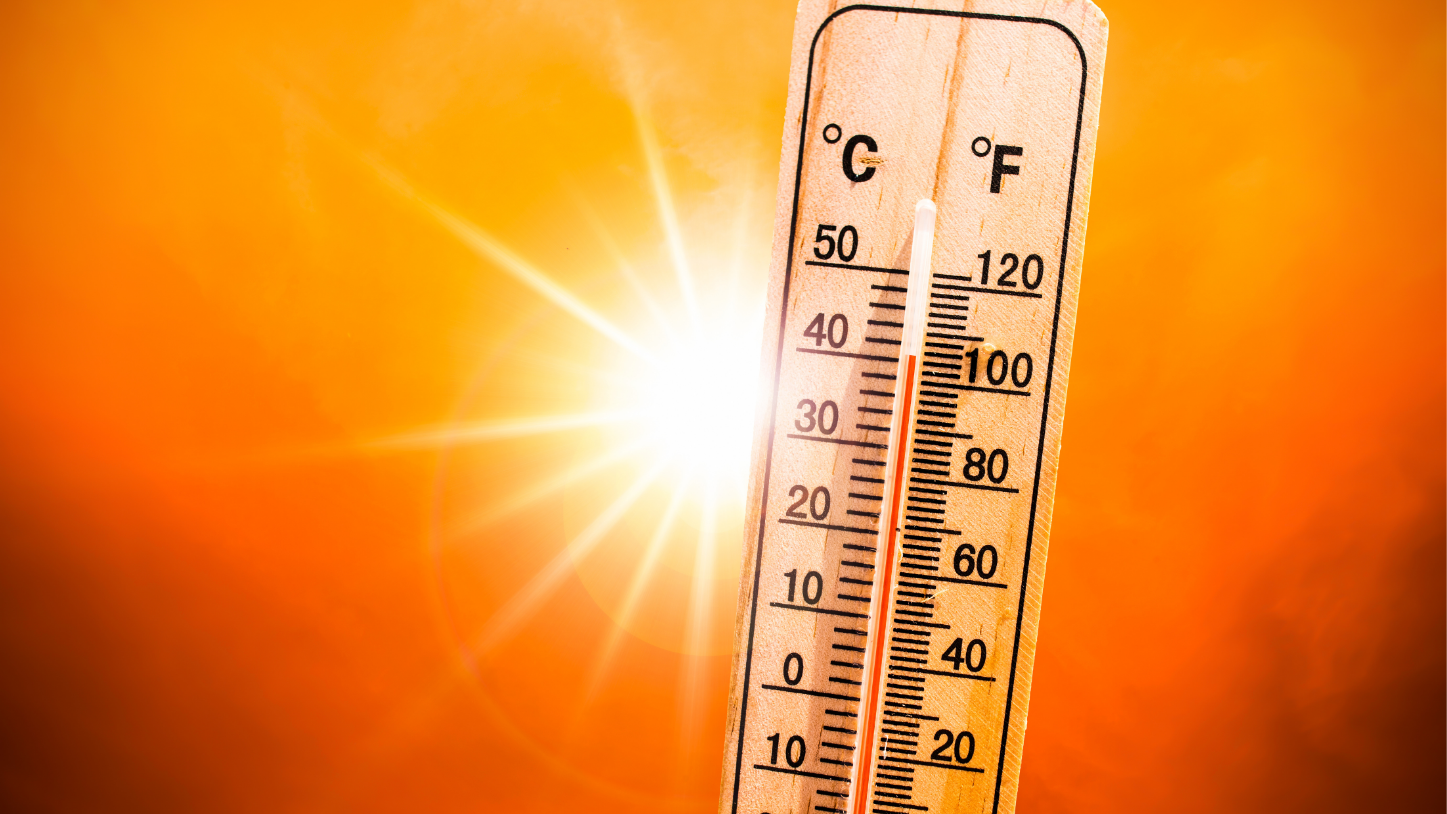It gets hotter every year: How to proactively fund the heat crisis
1 p.m. ET / 12 p.m. CT

Extreme heat is the number one weather-related killer in North America and many other parts of the world. It kills more people in the U.S. than hurricanes, tornadoes and floods combined.
Human-caused climate change has been contributing to global warming and leading to record-setting temperatures in countries worldwide as the planet continues to get hotter. According to the Climate Reality Project, “Last year was the warmest on record, and already in 2024, each month so far has been the hottest January, February, March, April, May, and June, respectively, ever recorded.”
Research from the Environmental Protection Agency (EPA) found there’s been a dramatic increase in heat waves in major cities across the United States, growing from two heat waves per year during the 1960s to six per year in the current and last decade. The length of the heat wave has grown from three days to four.
In the EPA study, 46 out of 50 communities saw a “statistically significant increase in heat wave frequency between the 1960s and 2020s. Heat wave duration has increased significantly in 28 of these locations, the length of the heat wave season in 46, and intensity in 20.”
This will only worsen, and like many other hazards, people with pre-existing vulnerabilities are at increased risk of more harm from extreme heat.
This webinar explored how funders can address the growing heat crisis. During the webinar, panelists discussed the links between climate change and heat, how philanthropy can help address heat’s impacts globally, and heat’s inequitable impacts.
CDP’s Director of Learning and Partnerships, Tanya Gulliver-Garcia, moderated the discussion with the following panelists:
- Joseph Karanja, Bill Anderson Fellow, Teaching Assistant at Arizona State University and Board Member on Urban Environment, American Meteorological Society
- Braden Kay, Program Manager, Extreme Heat and Community Resilience Program, California Governor’s Office of Planning and Research
- Nidhi Upadhyaya, Deputy Director, Global Policy and Finance, Adrienne-Arsht Rockefeller Foundation Resilience Center
This webinar was co-sponsored by Giving Compass, United Philanthropy Forum, Philanthropy New York, Council on Foundations and Alliance Magazine.
Please see the slide deck, read the recap on Giving Compass and watch the webinar recording to learn more:
Resources mentioned during the webinar
Resources mentioned by Nidhi Upadhyaya
- Climate Policy Initiative
- Adrienne Arsht-Rockefeller Foundation Resilience Center
Resources mentioned by Braden Kay
- Extreme Heat and Community Resilience Program, Governor’s Office of Planning and Research in California
- Tempe AZ: Resilience to Extreme Heat, podcast episode of City Climate Corner
- Julie Ann Wrigley Global Futures Laboratory and Arizona State University
- National Integrated Heat Health Information System